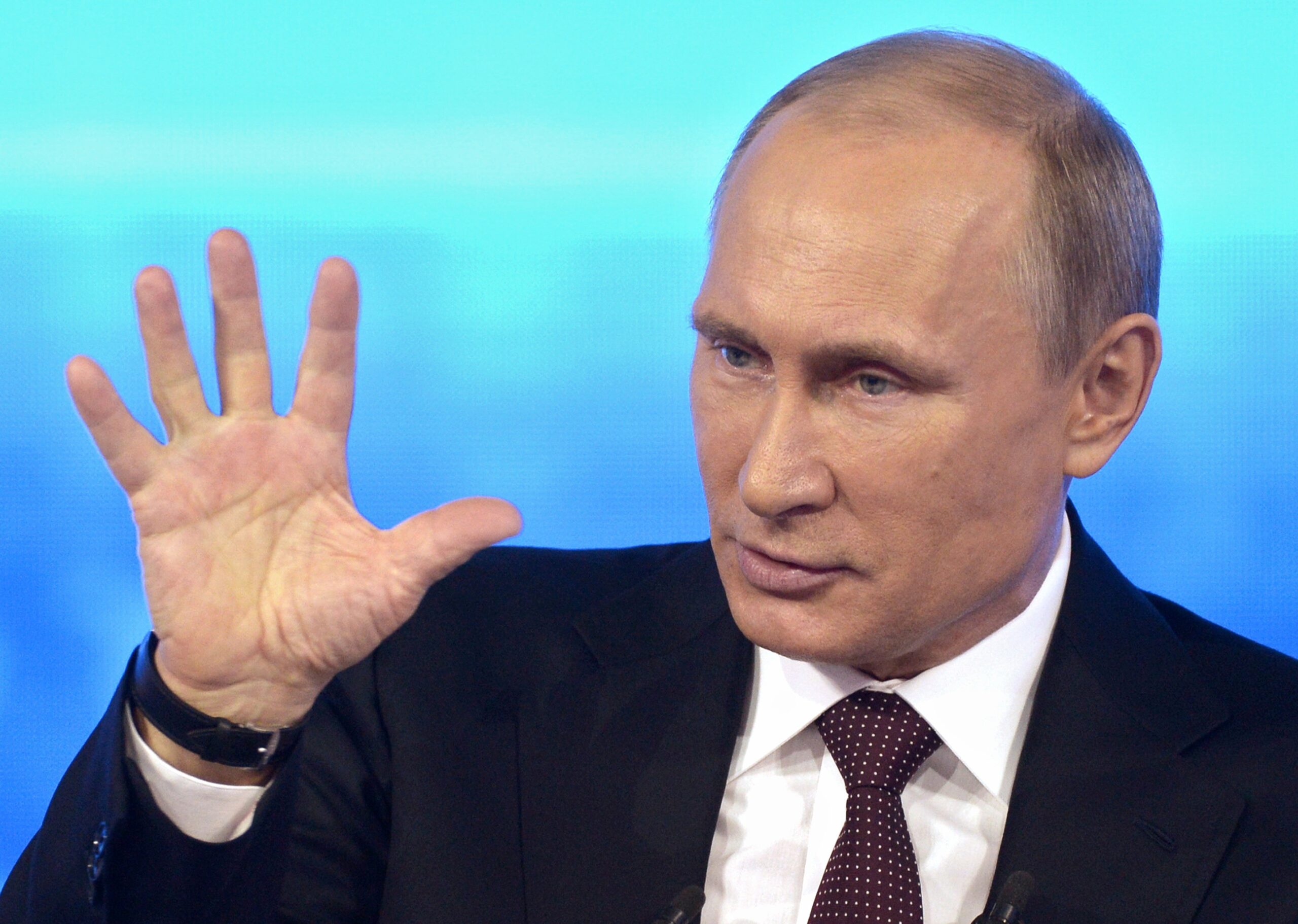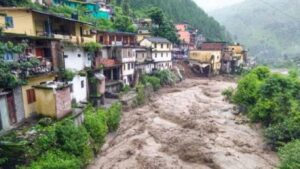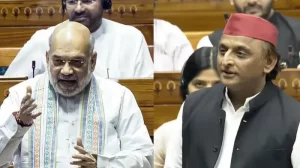
Amid the ongoing Russia-Ukraine War, the International Criminal Court (ICC) has declared that Mongolian authorities would have an “obligation” to arrest Russian President Vladimir Putin if he visits Mongolia next week, as per international law.
Putin is scheduled to arrive in Mongolia on Tuesday, marking his first visit to an ICC member country since the ICC issued an arrest warrant for him in March 2023. The warrant accuses him of war crimes linked to the unlawful deportation of Ukrainian children to Russia since the onset of the conflict.
Dr. Fadi El Abdallah, an ICC spokesman, stressed that member countries, including Mongolia, are required to “comply with the court’s orders.” He reiterated Mongolia’s responsibility to cooperate with the ICC and uphold its commitments under international law.
The arrest warrant stems from claims that Putin has failed to prevent the illegal deportation of Ukrainian children to Russia. Russian authorities have strongly rejected these allegations, labeling the ICC’s warrant as “outrageous.”
Maria Lvova-Belova, the Russian children’s commissioner, reported in March 2023 that over seven lakh Ukrainian children had been taken to Russia since the full-scale invasion began. She later stated that most of these children arrived with parents or relatives. The ICC’s charges against both Putin and Lvova-Belova are based on their alleged roles in this deportation, which constitutes a war crime under international law.
Ukrainian officials have urged for Putin’s arrest should he arrive in Mongolia, with the Ukrainian Foreign Ministry expressing hope that Mongolia would recognize Putin as a war criminal. This plea underscores Ukraine’s ongoing efforts to hold the Russian president accountable for his actions during the conflict.
In contrast, the Kremlin has shown confidence regarding Putin’s visit, with spokesman Dmitry Peskov downplaying concerns and affirming that Russia maintains strong relations with Mongolia. He indicated that all necessary precautions have been taken for the president’s trip.
The ICC, however, does not possess direct enforcement powers for arrests and relies on its member states to carry out its directives. Dr. Abdallah mentioned that if any member country fails to comply, ICC judges will closely monitor the situation and discuss it in meetings of member states, potentially leading to necessary actions.
As the ICC urges Mongolia to fulfill its obligations, the response from Mongolian authorities to this complex diplomatic and legal situation remains uncertain.






